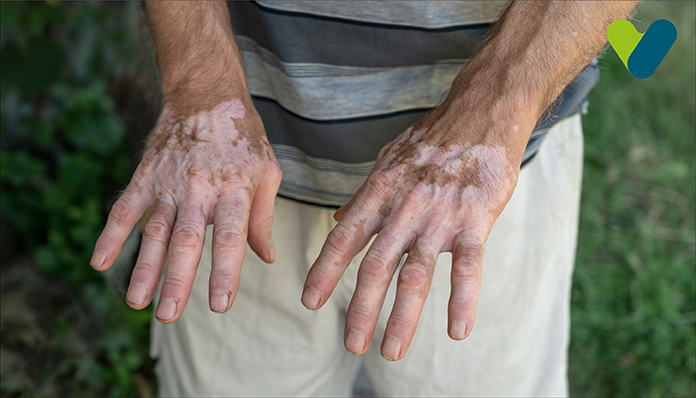You sweat when you work out, regardless of your age, gender, or fitness level. Sweating is necessary for maintaining a healthy body temperature, but with each drop of perspiration, you're losing vital electrolytes and fluids that keep your body functioning properly. If you lose too much water, you may become exhausted, disoriented, lightheaded, and achy. That's a sign of dehydration. The monthly changes in oestrogen and progesterone levels affect female physiology, and these changes have an impact on the ability to hydrate. Furthermore, research reveals that when women follow the normal recommendations for fluid intake, they may not achieve optimal performance, which is likely due to the fact that many of those guidelines were designed based on testing on college-aged men.
Why You Need to Drink Water
- Sweating and breathing help to maintain body temperature. It aids movement by lubricating the joints.
- Water transports oxygen, minerals, and hormones to various body areas while also removing pollutants and waste.
- Water, in particular, aids in bowel regularity and the prevention of undesirable body aches and illnesses like heartburn, migraines, ulcers, kidney stones, and backaches.
Benefits of hydration?
- Saliva: Saliva contains a lot of water. Saliva also contains electrolytes, mucous, and enzymes in minute amounts. It's necessary for breaking down solid foods and maintaining oral health. When you drink enough water, your body generates adequate saliva. However, as you become older or take certain medications or therapies, your saliva production may decrease. Consult your doctor if your mouth is dryer than usual and increasing your water intake isn't helping.
- Body temperature: Maintaining your body temperature requires staying hydrated. During physical exercise and in hot conditions, your body loses water through sweat. Sweat keeps your body cool, but if you don't replace the water you lose, your body temperature will rise. That's because when you're dehydrated, your body loses electrolytes and plasma. If you're sweating more than normal, make sure to stay hydrated by drinking plenty of water.
- Constipation: Constipation can be avoided in a variety of ways, not just by eating fibre. It's also critical to maintaining your water consumption so that your bowel movements are well hydrated. Constipation is more common if you don't get enough water, magnesium, or fibre in your diet. If you're already constipated, you might find that consuming both carbonated and plain water helps relieve your symptoms.
- Digestion: Experts say that drinking water before, during, and after a meal will assist your body break down the food you eat more easily, contrary to popular belief. This will aid in your digestion and allow you to get the most out of your meals. The body adapts to variations in the composition of food and stomach contents, whether more solid or more liquid, according to research.
- Curbs cravings: We frequently mix up thirst with hunger or food cravings. Drink a glass of water and wait a few minutes if you're hungry. You may discover that the urge has subsided since you were simply thirsty. Water can also help you make better, healthier food choices by regulating your hunger and thirst cues throughout the day.
- Weight loss: Drinking water has been associated with body fat loss and weight loss in both overweight girls and women, according to studies. The source you can trust. While dieting and exercising, drinking more water may help you shed some pounds.
- Blood circulation: Water transfers essential nutrients and oxygen throughout the body. Meeting your daily water requirements will improve your circulation and benefit your overall health.
- Energy: Water can help to speed up your metabolism. An increase in metabolism has been linked to an increase in energy levels. According to one study, drinking 500 millilitres of water increased metabolic rate by 30% in both men and women. These effects seemed to linger for at least an hour.
- Bright skin: Drinking enough water will keep your skin moisturised and may even encourage collagen development. However, drinking plenty of water isn't enough to slow down the ageing process. This process is linked to your genes as well as your overall sun protection.
- Dehydration: Dehydration is caused by a lack of water in your body. Dehydration is harmful since water is essential for so many biological functions. Dehydration can lead to a variety of serious problems, including brain enlargement, kidney failure, and seizures. To avoid dehydration, make sure you drink enough water to replace what you lose via sweat, urine, and bowel movements.


